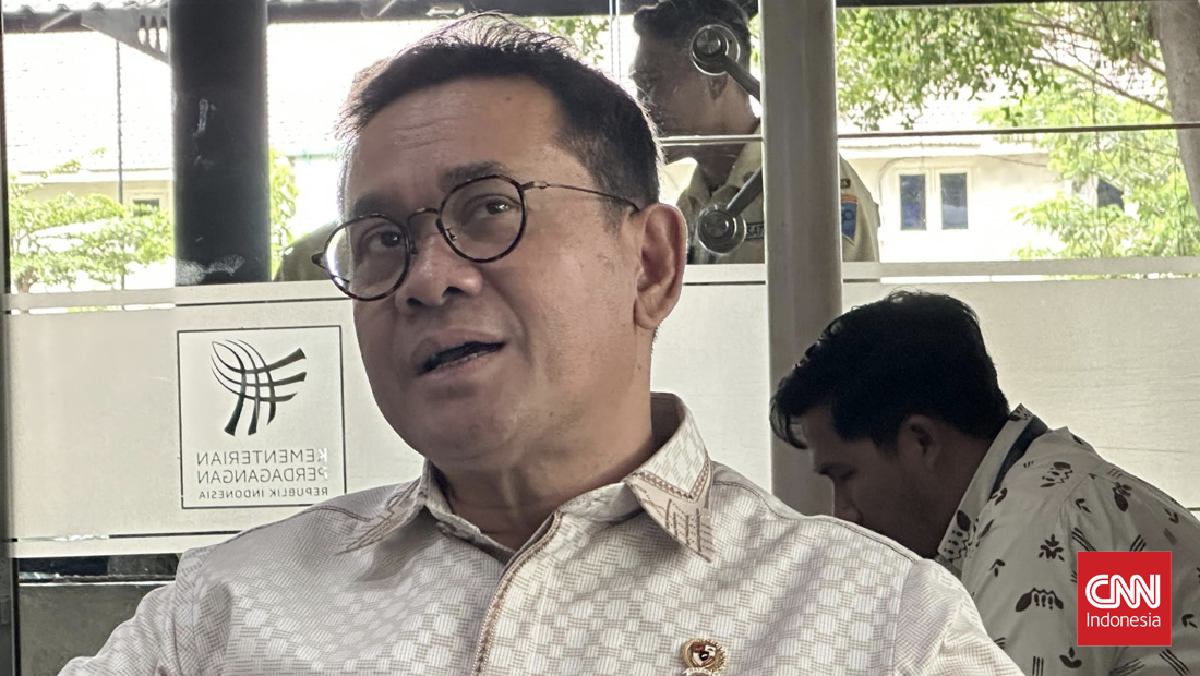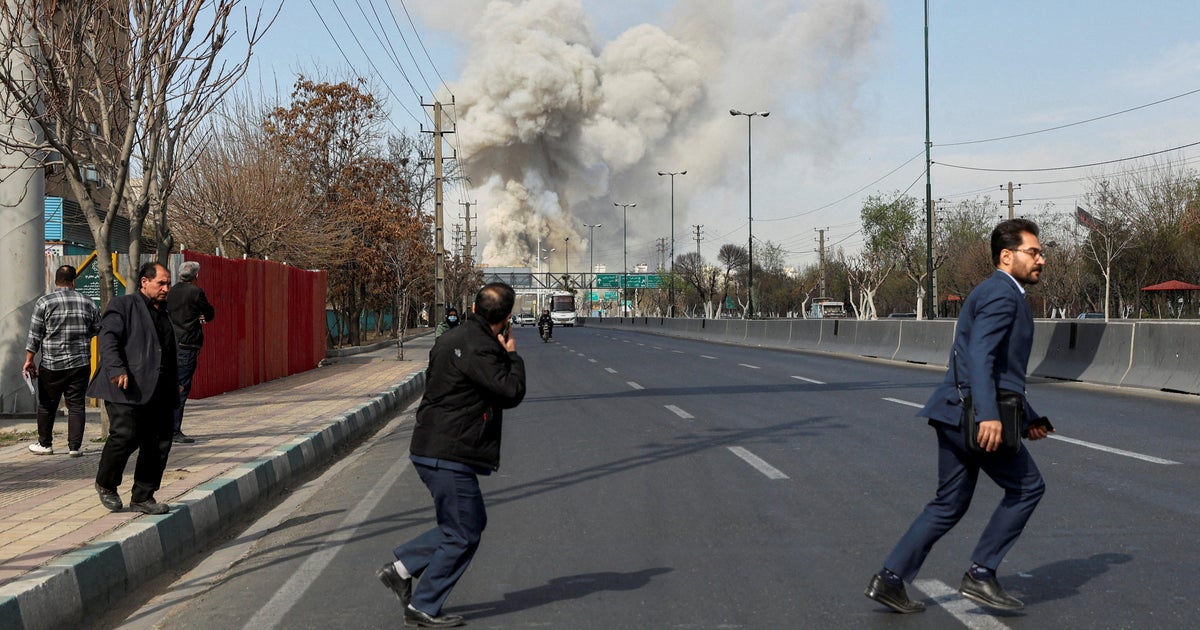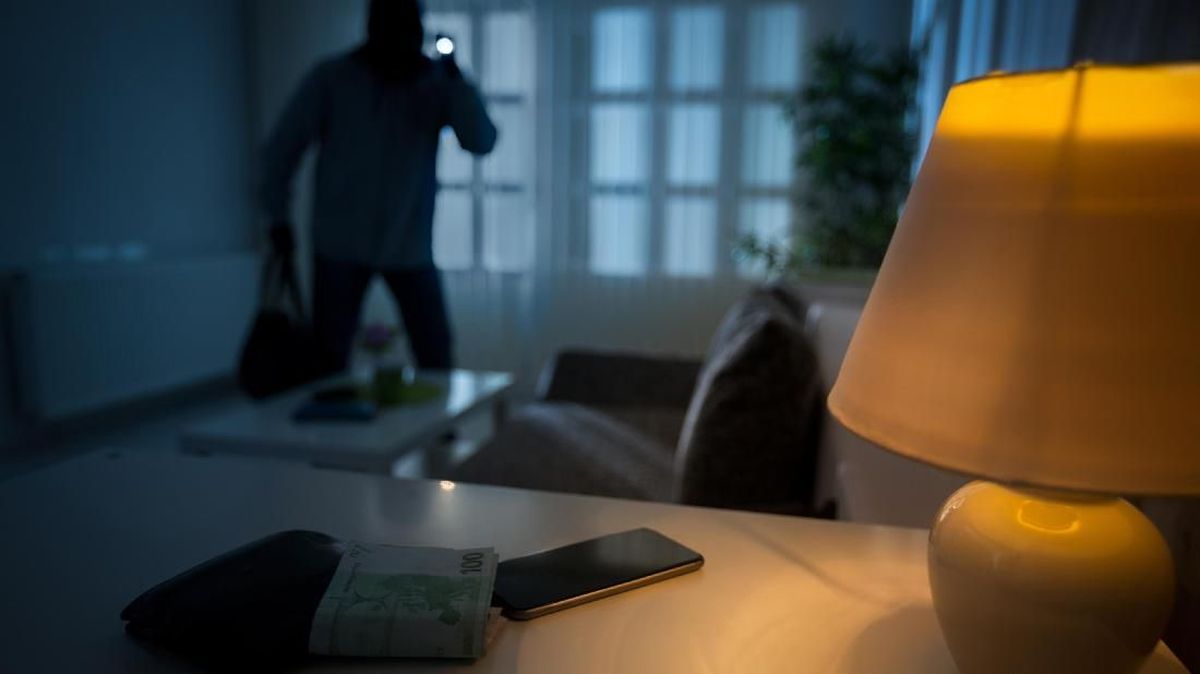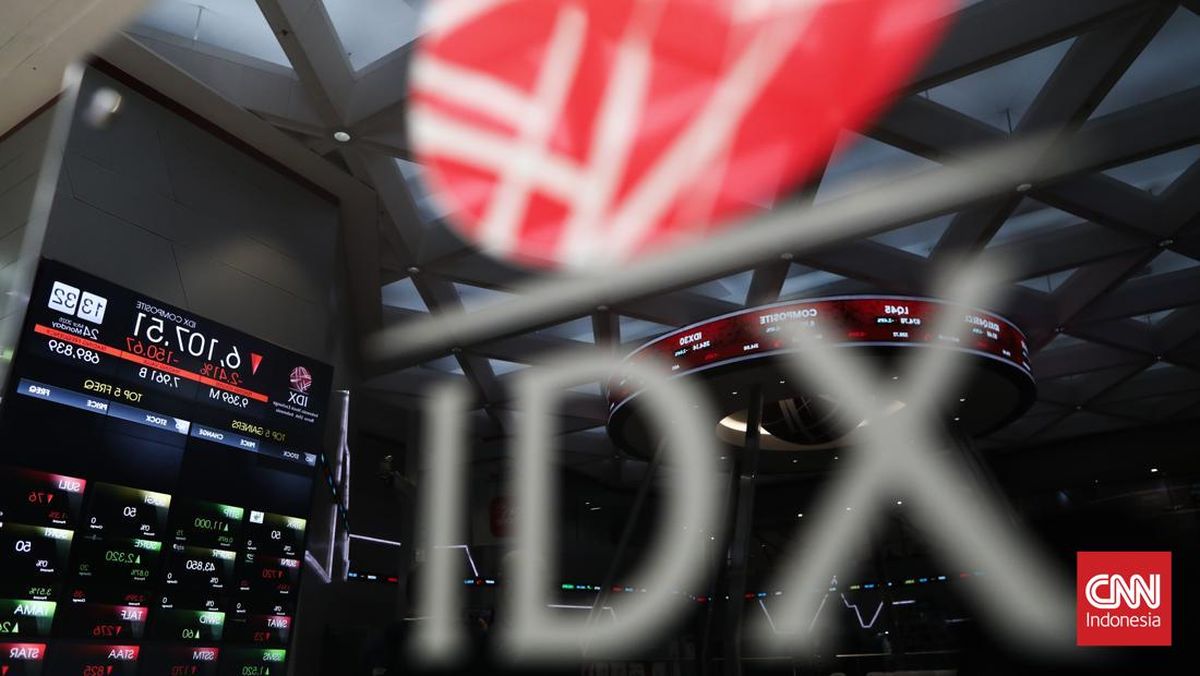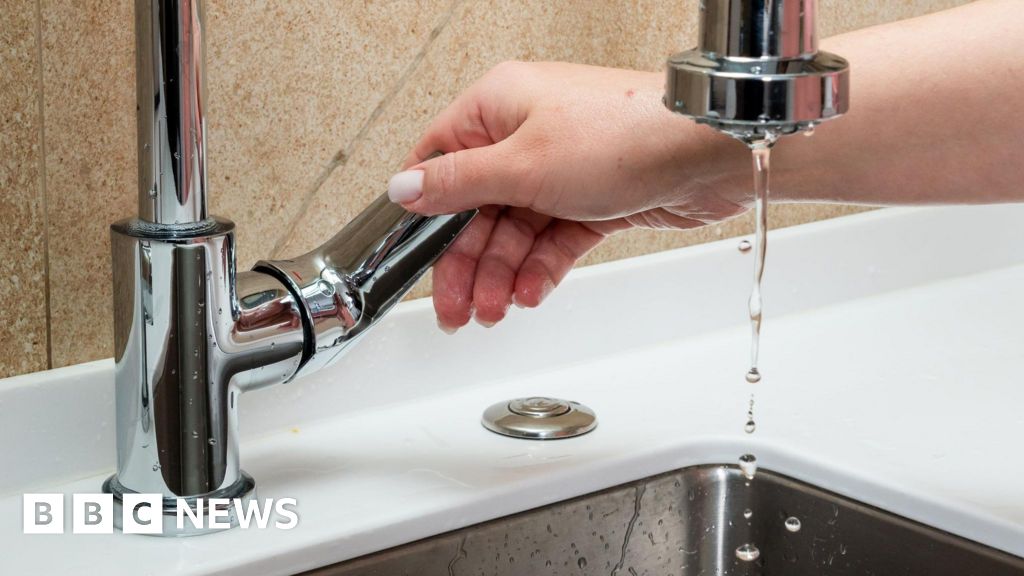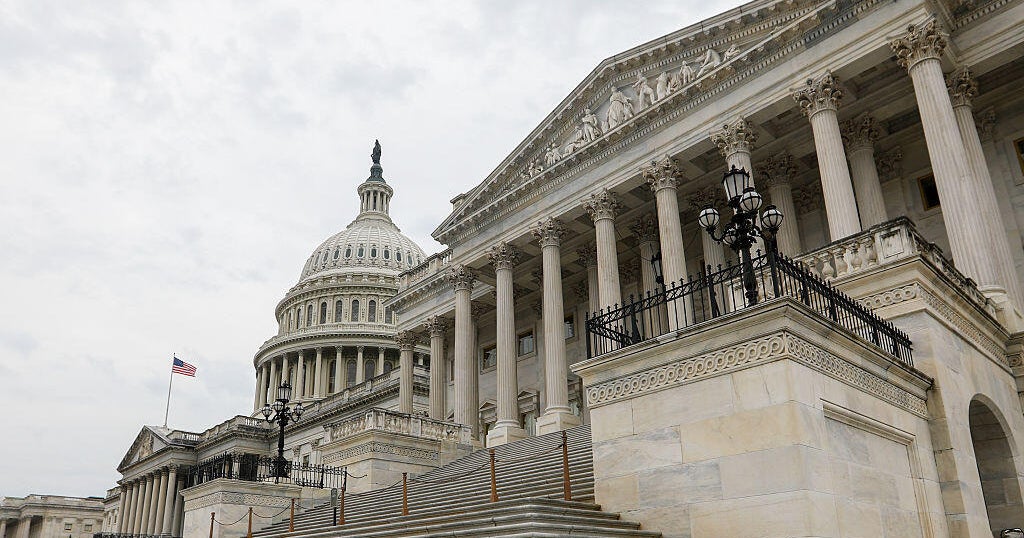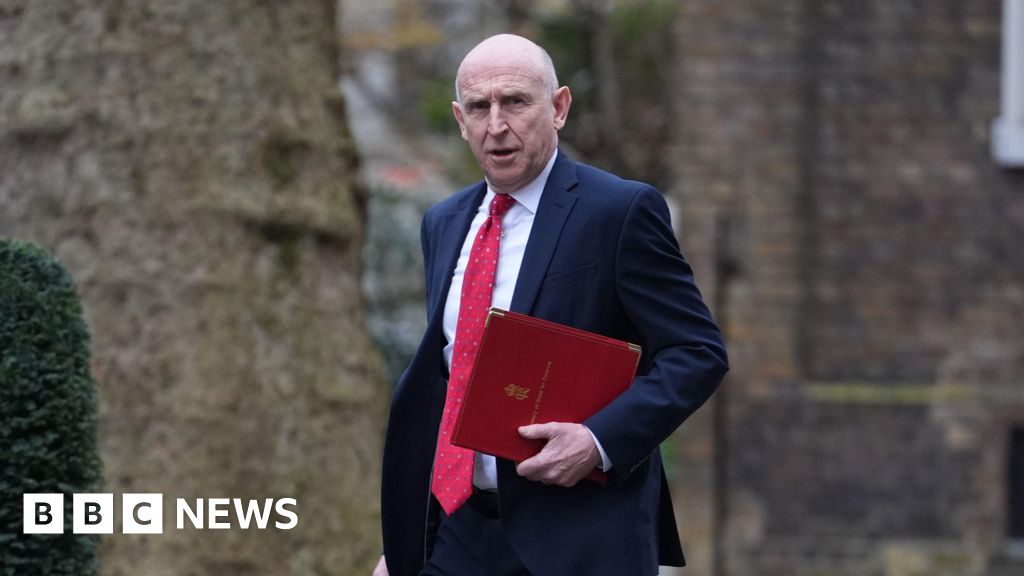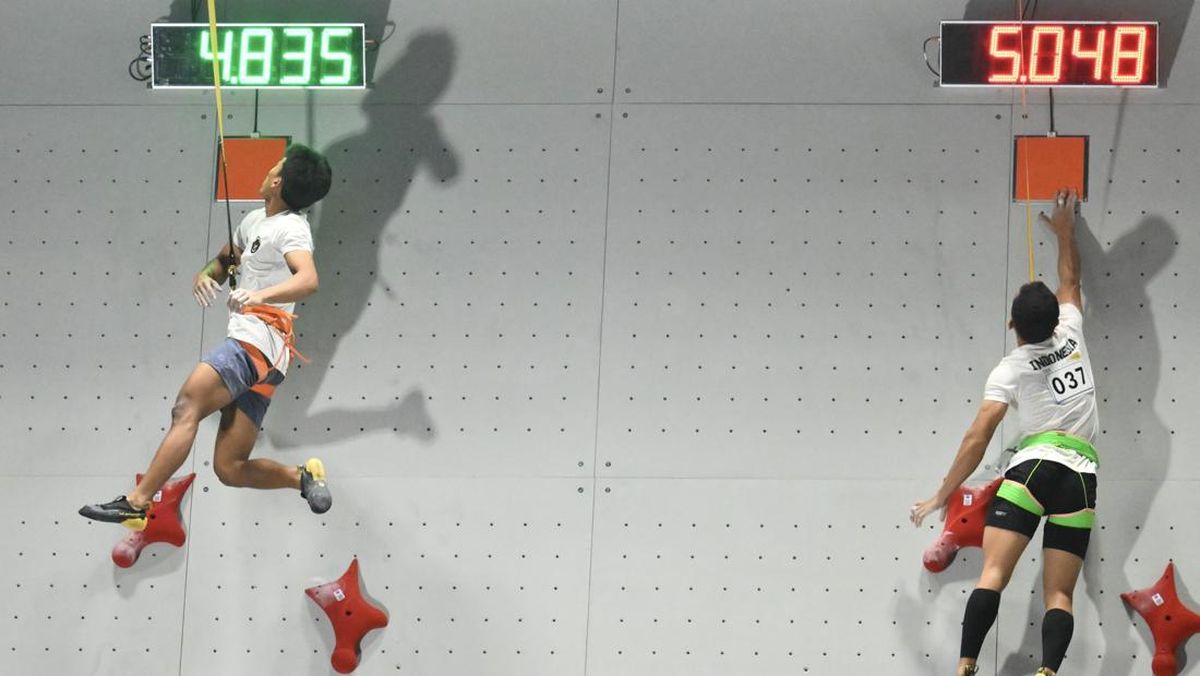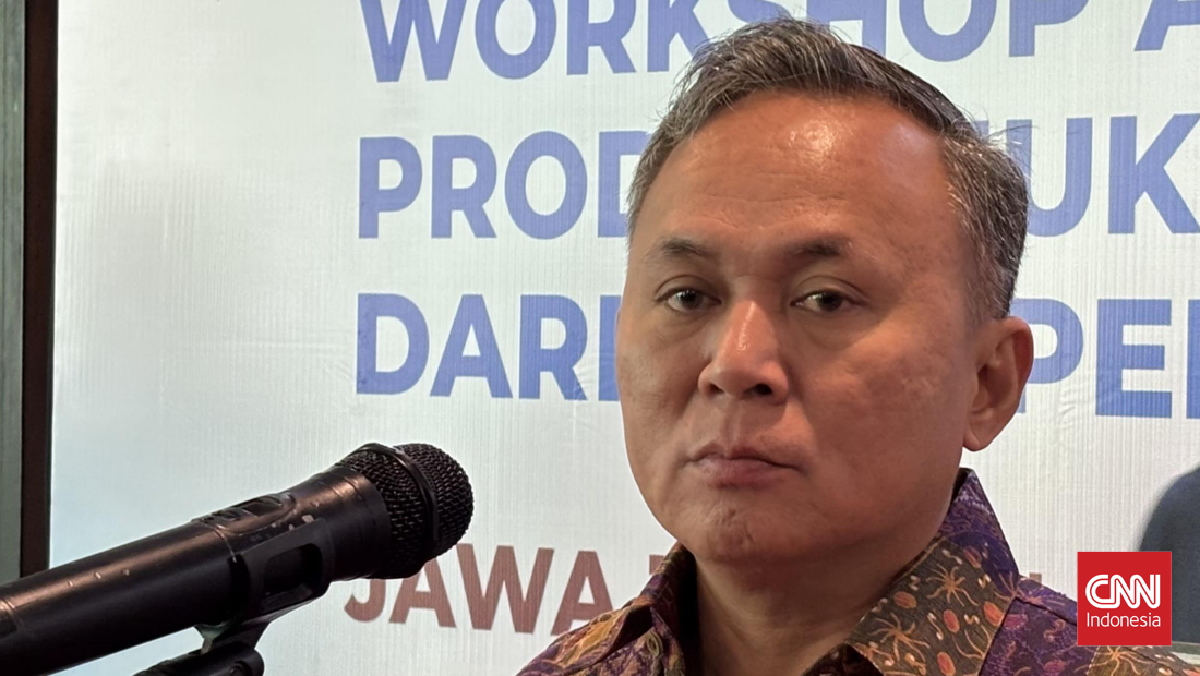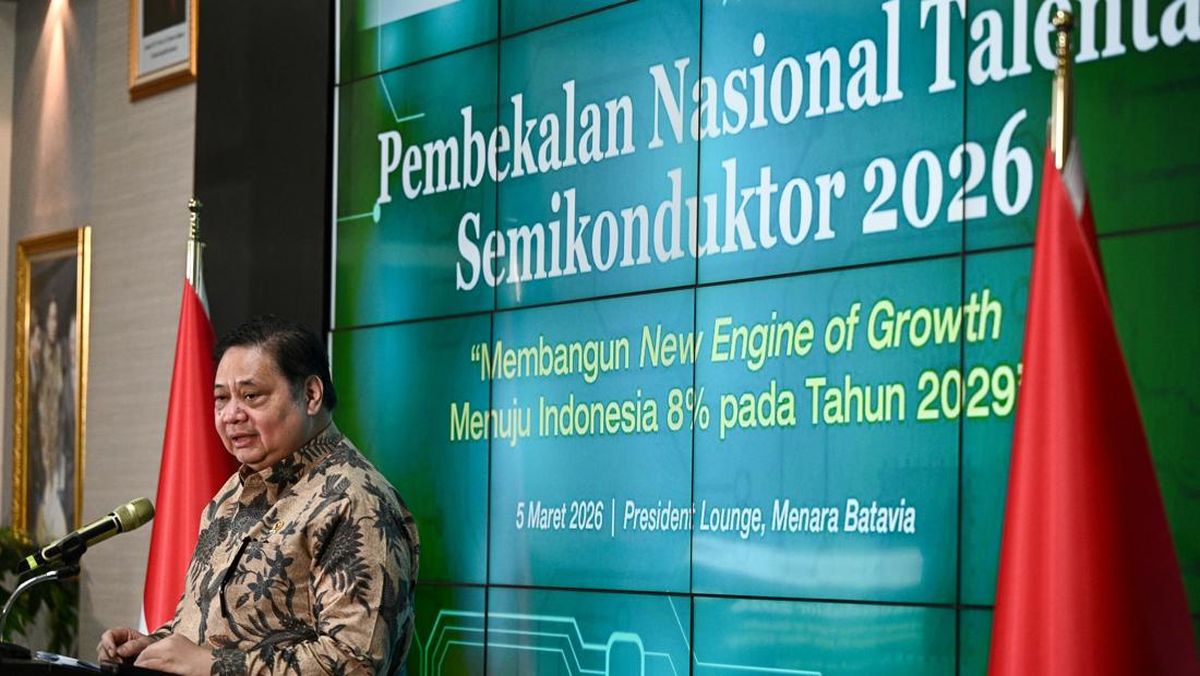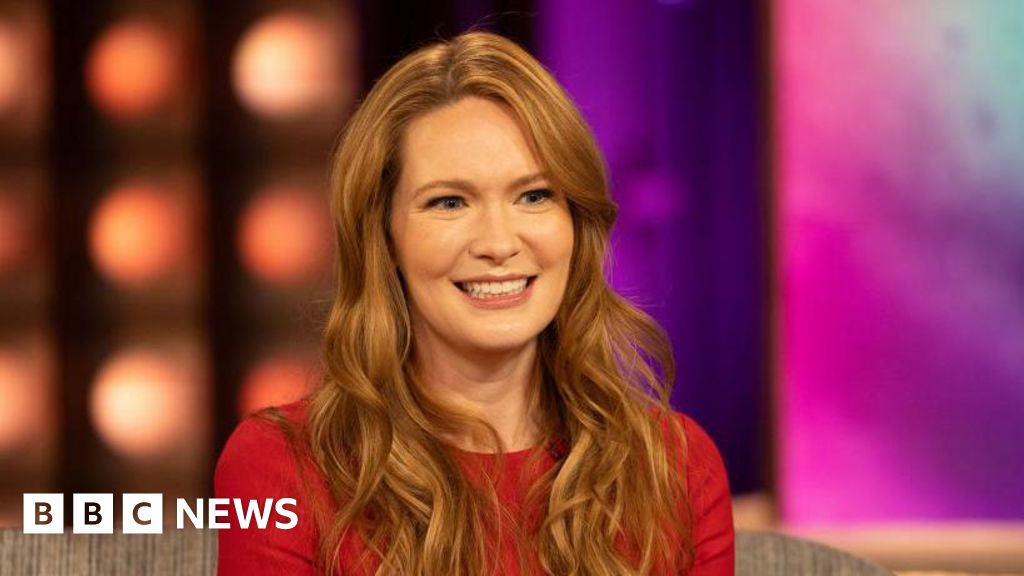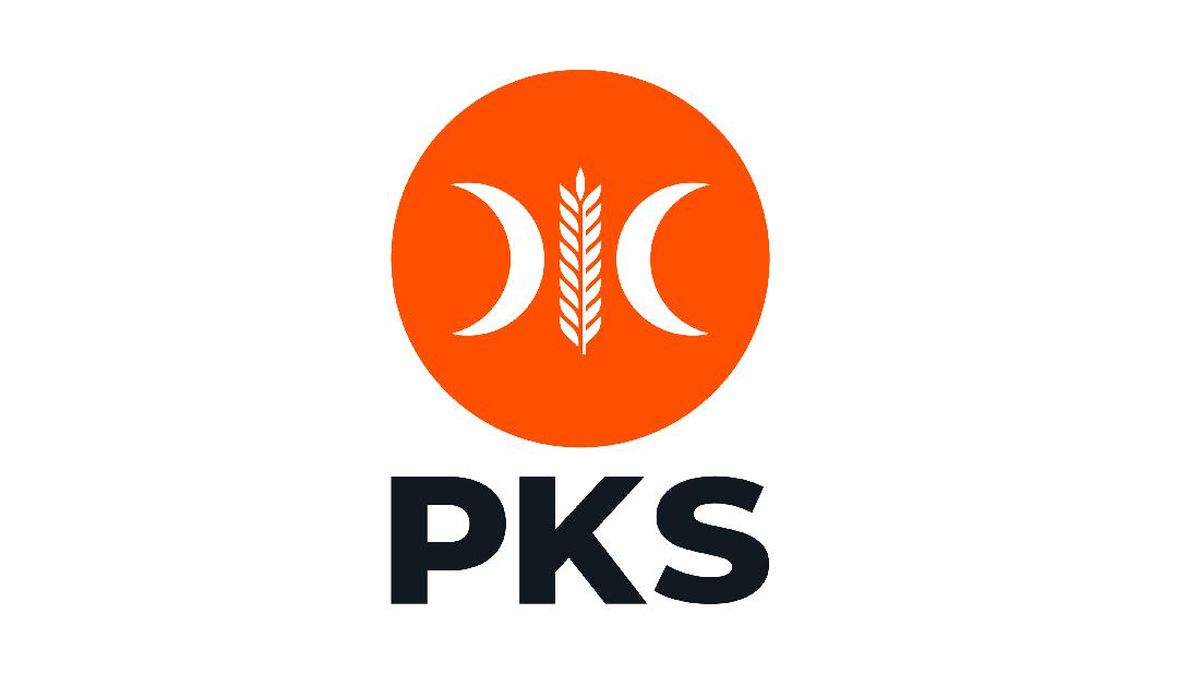Sponsored by Airbnb
By Cameron Bayley
November 21, 2025 — 9.46am
You know the drill – you book into a short-term rental, drop your bags, and glance at the host’s print out of local favourites, the insider’s tips on the best bakeries, bars and other hotspots for you to check out.
It’s a small gesture, but one that shows how travel is changing. Increasingly, visitors are venturing beyond traditional tourist zones, rediscovering neighbourhoods through local eyes.
“The tourism economy was essentially confined primarily to where the hotels were located” explains Dr Jeff Jarvis, director of the graduate tourism program at Monash University in Melbourne.
With the growth of short-stay private residences, the spread of tourists is going way beyond these areas and taking their spend with them. “You’re going to go down to the local supermarket, and coffee shop, the local restaurants, and you’ll actually spend your money in a different part of the city.”

An Airbnb host’s guide doesn’t just offer tips — it drives consumer spend into the local economy. Credit: iStock
The local impact
New research from the global advisory firm Oxford Economics, which analyses the impact of Airbnb on the Australian economy, confirms this shift. “The dispersion of spend suggests guests integrate into local consumption patterns,” explains Michael Brennan, a director at Oxford Economics. “Put simply, people are more likely to live like a local, and give back to the community which they’re visiting.”
There’s a definite market for this sort of travel, Jarvis says. “You’ve got a real delineation in the tourism industry between ‘travellers’ and ‘tourists’. The tourists are much more comfortable in seeing the main sights and staying in the main locations, whereas the travellers are much keener to get out into the other areas where they can observe life as it is for the locations.”
The study found that Airbnb activity contributes $20.3 billion to GDP and supports 107,000 jobs, representing around one in every fifteen jobs supported by Australia’s travel and tourism sector. “Guest spend outside Airbnb is strong, with an average $320 per day on non-accommodation items, with restaurants taking over a third of that non-accommodation spend,” Brennan adds.
Intentional travel
Travellers’ motivations are also changing. Research from tourism industry body Tourism and Transport Forum, suggests that the biggest trend currently for those heading away is ‘intentional’ travel, which it defines as “a meaningful journey that aligns with the traveller’s passions”.
This means that instead of heading to the Victorian Arts Centre’s latest blockbuster exhibition or taking a trip to Taronga Zoo, visitors are choosing experiences that truly pique their interests. From foodies joining a donut-sampling walking tour of Melbourne to fishing aficionados casting a line with a local fisherman in Brisbane’s Southport – the experiences Airbnb has recently begun offering are helping travellers connect more authentically with local communities.
Beyond the city limits
The 2025 Oxford Economics report also shows a rise in regional stays, as travellers move away from city-based accommodation. “Between 2019 and 2024, Airbnb saw a four percentage point increase in the non-urban share of accommodation spend”, Brennan says. “As guest preferences shift towards regional accommodation, local businesses such as neighbourhood eateries and cultural attractions stand to benefit, rather than those concentrated in centralised tourism precincts.”
A new travel niche
The report also indicates that one third of accommodation spend through Airbnb is now outside urban areas, reflecting the desire for more flexible travel options including work. In particular, the opportunity to take extended stays for work or leisure is a key benefit of the short-term rentals. While this includes tradespeople among others, the rise of the digital nomad presents an interesting phenomenon.
“If you’re a digital nomad,” Jarvis adds “You’re a longer staying visitor and you’re going to go down and live in a city for two or three months, and spend your money in the supermarkets, and your yield is going to be a lot higher than someone who comes for two or three days.”
The disbursement of a certain segment of visitors into outlying areas is also giving the short-stay economy stronger sustainability credits, says Brennan. On top of circulating spending within a particular region, hosts also invest in services in the area. “Recurring local purchases and employment by hosts for cleaning, maintenance, and improvements supports small business ecosystems,” he adds.
Combined, this expenditure through and via Airbnb helps foster local economies and support the prosperity of communities across Australia.
For further information on the Oxford Economics’ research, visit https://www.airbnb.com.au/e/ppap_australiaimpact.
Most Viewed in Business
Loading


